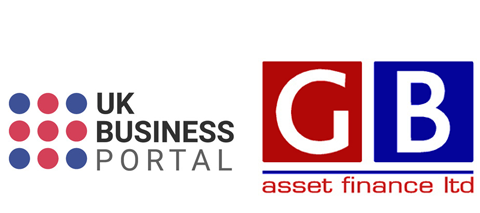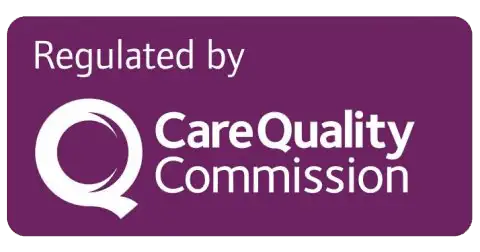Addiction is a complex and deeply personal struggle, and realising you might be struggling with it can be incredibly tough. Many people battle with the question: Am I an addict? If you’ve found yourself questioning your relationship with substances or certain behaviours, it’s important to explore the signs of addiction and consider seeking support.
This blog will help you reflect on your habits, understand addiction and recognise when it’s time to reach out for help.

Understanding Addiction
Addiction is not simply a lack of willpower – it is a medical condition that affects the brain and behaviour. It can involve substances such as alcohol and drugs, or compulsive behaviours such as gambling. Over time, addiction can impact your physical health, mental well-being, relationships and daily responsibilities.
A lot of people think they’re in charge of their substance use or problematic behaviour, but addiction often develops gradually. That makes it tough to spot the warning signs in your own life.
Questions to Ask Yourself
If you’re unsure whether you might have an addiction, take a moment to answer these questions honestly:
1. Do I Feel Like I Need It to Cope?
Do you use alcohol, drugs, or a specific behaviour (such as gambling or gaming) to relieve stress, anxiety or emotional pain? Does it feel like a necessity rather than a choice?
2. Have I Tried to Cut Down But Failed?
Have you ever promised yourself that you would stop or reduce your use, only to find yourself returning to it? Have you experienced frustration or disappointment when your attempts to quit didn’t last?
3. Am I Neglecting Responsibilities?
Has your substance use or behaviour affected your ability to meet work, school or family obligations? Have you missed important events, deadlines or commitments because of it?
4. Have My Relationships Been Affected?
Have family members, friends or colleagues expressed concern about your behaviour? Have you had arguments or lost relationships due to your substance use?
5. Do I Feel Guilty or Defensive About It?
Do you hide your behaviour from others or downplay the amount you use? Do you feel ashamed or defensive when the topic is brought up?
6. Have I Experienced Withdrawal Symptoms?
Do you feel irritable, anxious, shaky or unwell when you haven’t had access to alcohol, drugs or a compulsive behaviour? Does stopping make you feel physically or emotionally worse?
7. Has My Tolerance Increased?
Do you find that you need more of a substance or a more intense experience to feel the same effect? Has your use escalated over time?
8. Do I Continue Despite Negative Consequences?
Have you experienced health issues, financial troubles, legal problems or damaged relationships due to your behaviour, yet continue to engage in it?
If you answered “yes” to several of these questions, it may be time to take a closer look at your habits and consider seeking help.
Recognising the Impact of Addiction
When addiction goes unchecked, it can cause serious problems for our bodies, minds and relationships. Here are some typical issues that might arise:
-
- Physical Health Problems: Damage to the liver, heart disease, mental health issues and a weakened immune system.
- Emotional Struggles: More anxiety, depression and unpredictable mood swings.
- Relationship Difficulties: Conflicts with loved ones, losing their trust and feeling alone.
- Financial and Legal Troubles: Losing a job, struggling with money and possibly getting into legal trouble.
Addiction can make you feel isolated, but the truth is that help is available, and recovery is possible.
Taking the Next Step
If you’re questioning whether you may have an addiction, you’ve already taken an important first step – self-awareness. The next step is reaching out for support.
What Can You Do?
- Talk to Someone You Trust – A close friend, family member or support group can provide guidance and reassurance.
- Seek Professional Help – Addiction specialists, therapists and rehabilitation centres can help you understand your options and start a recovery plan.
- Consider Detox and Treatment Options – There are various levels of support, including detox programmes, therapy, inpatient rehab and outpatient support.
- Educate Yourself on Addiction – Learning more about how addiction works can help reduce feelings of shame and motivate you to take action.
You Are Not Alone
At The Wellbourne Clinic, we understand how difficult it can be to face addiction, but recovery is always possible. If you recognise yourself in any of the signs above, we encourage you to reach out. Whether you’re looking for guidance, treatment or simply someone to talk to, we’re here to help.









